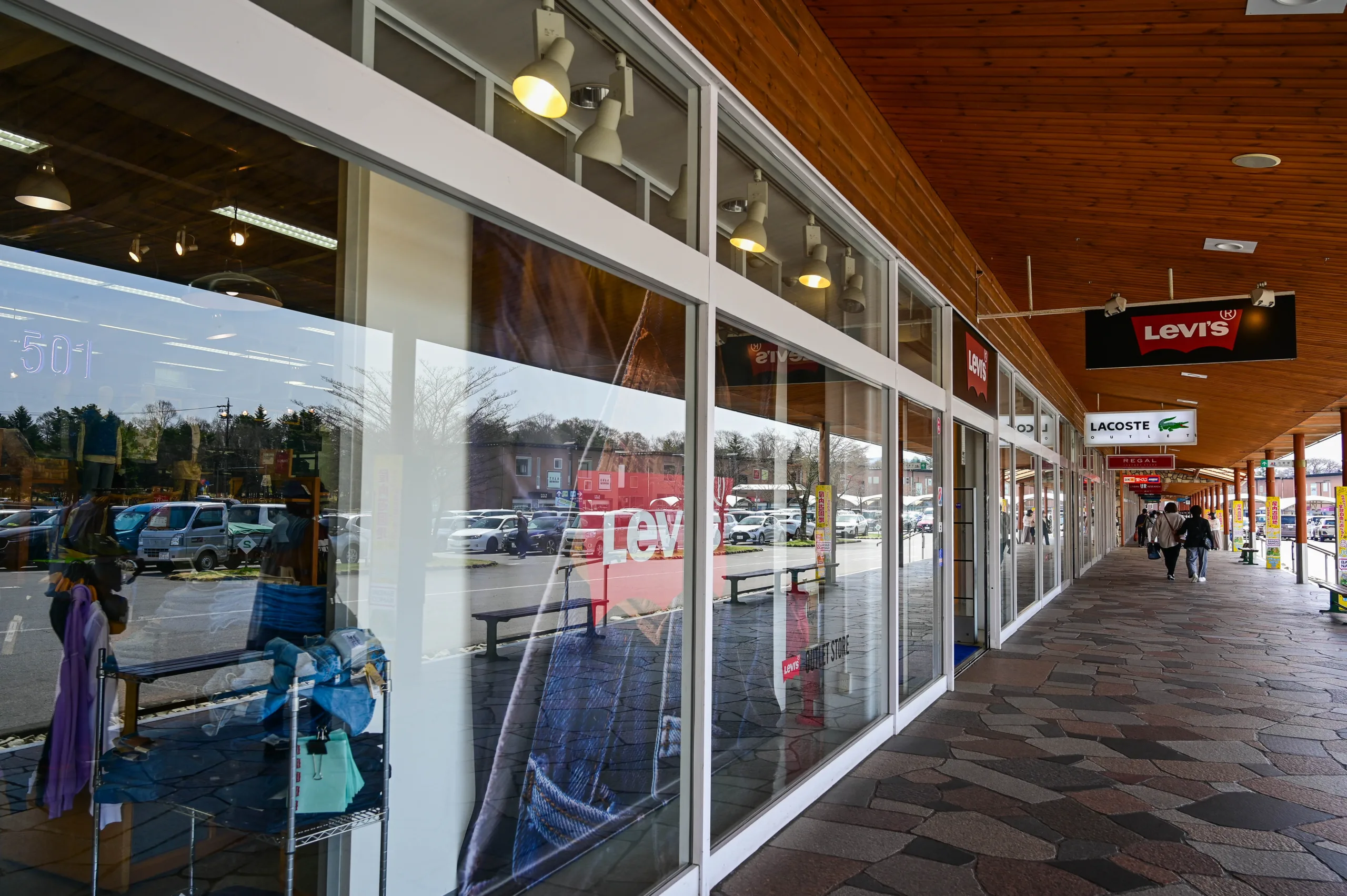- States like Minnesota, Virginia, and Maine are requiring upfront disclosure of all non-optional fees tied to rental housing, often before lease signing or even the application process.
- Major operators such as Greystar are beginning to adapt, though some industry leaders argue the tech and regulatory challenges are burdensome and inconsistent across markets.
- Advocates say full disclosure is better for tenants and business alike, helping renters understand the true cost of living and operators attract more qualified leads.
The Regulatory Wave Begins
The FTC’s exclusion of rental housing from its final junk fee rule gave multifamily operators a brief sense of relief, reports Bisnow. But the reprieve didn’t last long. State and local governments are passing new laws requiring landlords to disclose all lease-related fees. These include trash, pet, and pest charges.
Pushed Or Proactive?
Some landlords see the writing on the wall. Companies like Greystar are preparing for fee transparency requirements. They’re building digital tools to list all charges on property websites. However, Greystar and others admit the process is costly and complex, requiring significant updates to internal systems and consumer-facing platforms.
Get Smarter about what matters in CRE
Stay ahead of trends in commercial real estate with CRE Daily – the free newsletter delivering everything you need to start your day in just 5-minutes
Industry Pushback
Not all industry voices are convinced that blanket disclosure rules are practical. Nicole Upano of the National Apartment Association (NAA) argues that leases aren’t one-size-fits-all transactions—unlike booking a hotel or buying a concert ticket. She warns that requiring landlords to list every possible fee upfront may inflate perceived costs, confuse renters, and limit operators’ ability to adapt to tenant-specific needs.
Laws Gaining Ground
Despite resistance, disclosure rules are advancing across the US:
- Minnesota requires landlords to list all non-optional fees in lease agreements and advertisements.
- Virginia and Maine mandate full rent and fee disclosure before tenancy begins.
- Fayetteville, Arkansas and Austin, Texas are crafting or enforcing municipal-level regulations requiring detailed disclosure before any application or background check fees are paid.
A Tech Fix?
Software companies are seeing opportunity. Radix, a data platform for multifamily operators, has developed tools like RealRents that automate fee updates and integrate with property listings. CEO Blerim Zeqiri believes early adopters will gain consumer trust and brand equity—especially as lawsuits over nondisclosure begin to mount.
Why It Matters
Beyond compliance, fee transparency could become a competitive differentiator. According to Zeqiri, operators that embrace full disclosure now may earn the same brand trust Uber captured by simplifying pricing in the taxi industry. The trend is clear: consumers—and regulators—want transparency, and the multifamily sector may need to modernize or risk falling behind.
What’s Next
Legal action is underway in states like Colorado and Minnesota. More state and local bills are making fee disclosure the new normal. While landlords may resist at first, many are already adapting—and the shift toward transparency in multifamily housing appears all but inevitable.

















